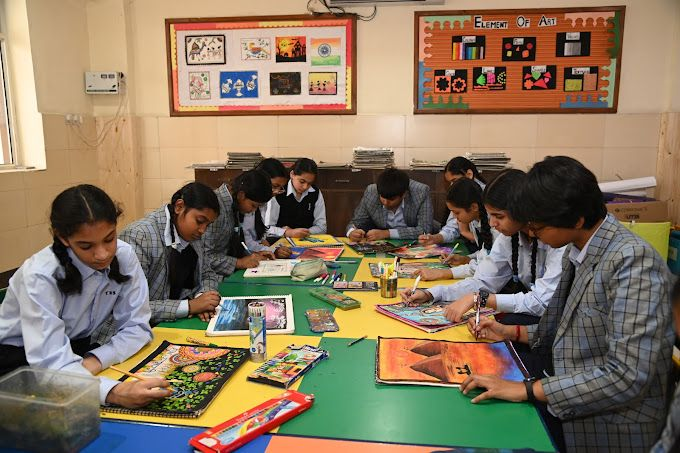Early education lays the foundation for a child’s lifelong learning journey. While some may see preschool as simply playtime, it’s actually a structured space where vital academic and social skills begin to take shape. The experiences children gather in these early years help shape how they approach learning in elementary school and beyond. Through guided play, interaction, and nurturing environments, preschool becomes a launching pad for future success.
Developing Emotional and Social Foundations
Before a child can focus on academic tasks, they need to feel emotionally secure. Preschool provides a safe environment where children learn how to express emotions, handle conflict, and cooperate with others. These social milestones are crucial. When a child understands how to take turns, listen, and work in a group, they’re better prepared for the expectations of a classroom setting.
Language and Communication Skills Thrive in Preschool
In a preschool setting, every story read aloud, every song sung, and every conversation matters. These interactions build vocabulary, comprehension, and expressive language. Children begin to understand the rhythm of language—how to ask questions, tell stories, and describe their world.
The preschool teachers encourage children to speak in full sentences and express their thoughts clearly. This regular back-and-forth conversation is essential. By the time they reach kindergarten, these children are more likely to understand instructions, participate in discussions, and engage in early reading activities with confidence.
Learning Routines and Responsibility
Structure doesn’t limit a child’s imagination—it empowers it. Preschool introduces daily routines that help children feel secure and responsible. They learn to hang up their bags, clean up toys, follow instructions, and transition between activities.
These routines mirror the expectations they’ll face in school. A child who knows how to line up, raise their hand, or manage their belongings already has a head start. These behaviors seem simple, but they pave the way for independence and focus in the classroom.
Building Early Literacy and Numeracy Skills in Preschool
Literacy and numeracy start early, and preschool is where these skills are first introduced in meaningful ways. Children might not be reading full sentences, but they’re recognizing letters, hearing phonetic sounds, and learning that words carry meaning. Similarly, they may not perform arithmetic, but they recognize patterns, count objects, and grasp the concept of quantity. These subtle experiences gradually build into full academic readiness.
Encouraging a Love for Learning
Perhaps one of the most important roles preschool plays is nurturing a positive attitude toward education. When learning is presented as exciting and enjoyable, children associate school with curiosity and discovery. They carry that enthusiasm with them into elementary school and beyond.
Preschool doesn’t force academics. Instead, it fosters an environment where learning is natural, rewarding, and fun. Children begin to see themselves as capable learners. That confidence stays with them as they face more complex academic challenges.
Conclusion
Preschool is the quiet architect behind academic success. It equips children with emotional stability, cognitive tools, and social understanding—all before they ever sit in a first-grade classroom. With its blend of structure and play, it plants the seeds of learning that continue to grow year after year. Investing in preschool is investing in a child’s future, setting them up not only to succeed in school but to enjoy the process every step of the way.
